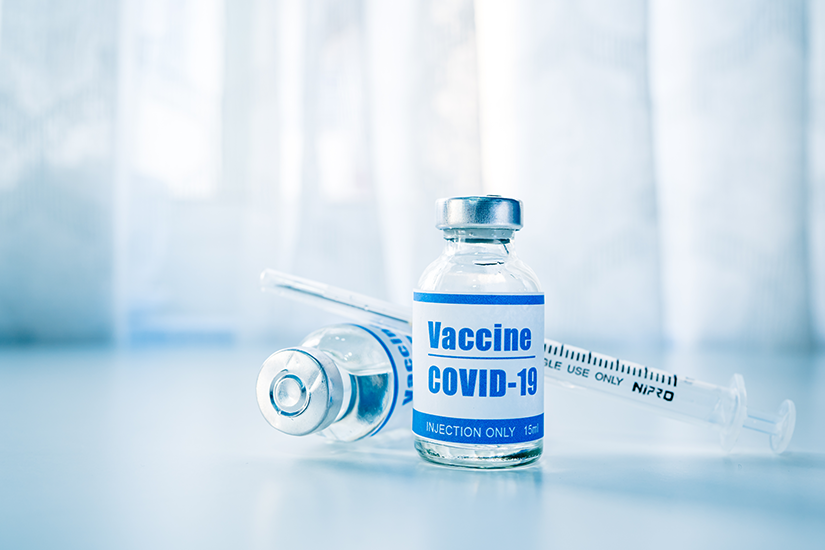- Emergency Ambulance Services
- 8606811111
- 0471-4077777, 0471-7177888
- gro@sutpattom.com
Climate change and protection of ENT (Ear, Nose, and Throat)
Dr. Ammu Sree Parvathi, Associate Consultant, Dept of ENT, SUT Hospital Pattom
Ailments and difficulties experienced in the throat, nose, and ears during winter are very common. But it should not be neglected; especially in the context of the Covid pandemic. The reason for this warning is that such difficulties can lead to unintended levels or stages of illness.
The number of patients increases during the winter due to cold sores certain types of allergies that we neglect or are unaware of. For example, certain types of pollen that dissolve in the air during the winter can disturb the very rhythm of your daily life. Many species of plants, both known and unknown flowers, pollinate in the winter season. Such pollen dissolves in the cold air and mixes with the wind and reaches us. Allergies to certain types of pollen can cause nasal congestion and shortness of breath.
Nose :
Excess sneezing, colds, nasal congestion, and a running nose can occur due to allergies. This can lead to inner swelling of the skin inside the nose (mucosal oedema). The dehydration causes a sinus infection. If the allergy is not treated at the early stage it can cause serious breathing issues causing polyps (soft flesh growth) formation in the nose. It can cause severe headaches and fever, also leading to the loss of sense of smell.
Ear :
Any problem in the nose affects our ears. Blockage in the nose affects the canal which connects the nose and ear. This can hamper the Natural waste disposal in the ear and cause swelling, called Otitis media.
The middle ear fluid that is logged inside the ear can gradually turn into pus and can cause ear infections and ear pain. After this stage, the eardrum may rupture and pus may flow out. Similarly, for those who have a hole in the ear for some reason, this condition can cause very serious problems. Another factor is that the humidity in the air is high during the winter, which can lead to bacterial overgrowth and ear itching. Trying to find relief by scratching your ear can be counterproductive. Do not ignore early irritations of the nose and ears. Seek medical attention as soon as the symptoms appear.
Throat :
Any infection in the nose can affect the throat as well. This causes coughing and sore throat. Ignoring such symptoms can lead to shortness of breath. In winter, it is better to adopt common methods to prevent infections of the nose, throat, and ears. It is mandatory to wear a mask as it not only protects against viruses but also protects the interior of your nose from dust. And also it prevents the entry of foreign substances such as pollen that cause allergies. Proper care should be taken while wearing the mask. It should be replaced at regular intervals and should be disposed of properly.
Care needs to be taken not when visiting places that are having high air quality index. It is recommended to sleep and relax in well-ventilated rooms not to stay too long in closed rooms. Care needs to be taken to ensure that no external objects are allowed to enter the nose. Only ointments prescribed by the doctor are to be applied to the nose. One should definitely consult an ENT doctor if nasal congestion is exacerbated.
Ice cream should be avoided during the winter. Mild hot water is preferred for drinking. If you have a sore throat in the winter, do not use any traditional remedies to get rid of it, instead, seek medical help. Do not treat yourself for any reason. Seek medical attention from your nearest doctor.
The ‘folk remedy’ of pouring hot oil on the ear will have adverse effects on the nose. Do not put any foreign objects in the ear and rub it inside the ear to reduce irritation. If there is watery discharge or pus in the ear, loss of hearing ability, seek treatment immediately. Similarly, when a viral infection affects the nerves of the ear, it can manifest as dizziness.
On analyzing winter infections in the context of Covid we should seriously consider the disorders that affect ears, nose, and throat. This need is relevant because we do not have a complete picture of how Covid and related diseases affect our immune system based on previous studies.









